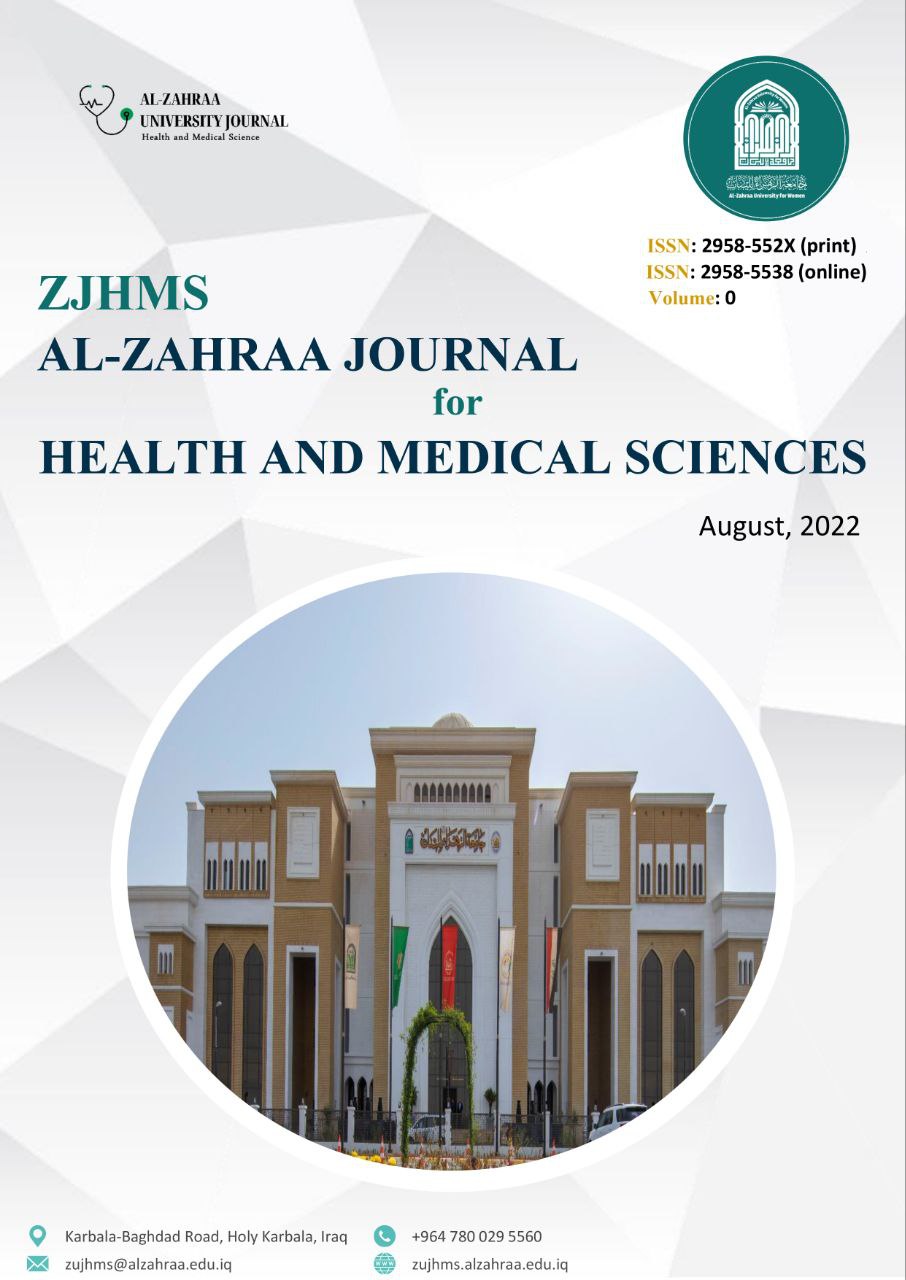Abstract
Background and Purpose: Decades of sanctions and violence have drastically eroded the formerly proud and well-functioning health system. Physiotherapy may play a significant role in resolving these issues, given the ongoing population expansion and the high rates of disease and disability. This study aimed to examine the present state of physiotherapy in Iraq and offer suggestions for furthering its growth and development. Method: This study employed a qualitative study design in the form of an online questionnaire (with the participation of 17 key informants among physiotherapists in Iraq). The profession's strategic direction was based on a framework of strengths, weaknesses, opportunities, and threats to categorize emergent themes. Results: Informants stated that professional motivation and an increase in colleges were strengths. Among the weaknesses were education, practice organization, societal awareness, and equipment limitations. The association and legal organization, continuous education, and multidisciplinary collaboration were opportunities that were explored. Intruders, quacks, and the continuation of the current situation were all threats that were handled. Conclusions: Our research indicates that the status of the physiotherapy profession in Iraq is not at the required level. Policymakers should enhance the profession's strengths, capitalize on advancement opportunities, and work diligently to reduce weaknesses and threats.
Keywords
Iraq
Physiotherapy
SWOT
Threats
Weakness
Abstract
الخلفية والغرض: لم يدم الازدهار العراقي لفترة طويلة بسبب الحروب العديدة التي عانت منها البلاد، فضلاً عن التدمير المستمر والواسع النطاق والمتعمد للبنية التحتية. لقد أدت عقود من العقوبات والعنف إلى تآكل النظام الصحي الذي كان يعمل بشكل جيد والذي كان فاخراً في السابق. قد يلعب العلاج الطبيعي دورًا مهمًا في حل هذه المشكلات، نظرًا للتوسع السكاني المستمر وارتفاع معدلات المرض والعجز. هدفت هذه الدراسة إلى دراسة الوضع الحالي للعلاج الطبيعي في العراق وتقديم اقتراحات لتعزيز نموه وتطوره. الطريقة: استخدمت هذه الدراسة تصميم دراسة نوعية في شكل استبيان عبر الإنترنت (بمشاركة 17 من المخبرين الرئيسيين بين أخصائيي العلاج الطبيعي في العراق). تم بعد ذلك استخدام إطار عمل لنقاط القوة والضعف والفرص والتهديدات لتصنيف الموضوعات الناشئة وإعطاء أساس للتوجه الاستراتيجي للمهنة. النتائج: ذكر المخبرون أن الدافع المهني والزيادة في الكليات كانت من نقاط القوة. ومن بين نقاط الضعف التعليم وتنظيم الممارسة والوعي المجتمعي وقيود المعدات. كانت الجمعية والتنظيم القانوني والتعليم المستمر والتعاون متعدد التخصصات من الفرص التي تم استكشافها. وكان المنتحلون لصفة المعالج الطبيعي والدجالون واستمرار الوضع الحالي كلها تهديدات تم التعامل معها. الاستنتاجات: يشير بحثنا إلى أن وضع مهنة العلاج الطبيعي في العراق ليس بالمستوى المطلوب. يجب على صناع السياسات أن يعملوا على تعزيز نقاط القوة في المهنة والاستفادة من فرص التقدم بينما يعملون أيضًا بجد لتقليل نقاط الضعف والتهديدات والقضاء عليها.
Keywords
SWOT
التهديدات
الضعف
العراق
العلاج الطبيعي
